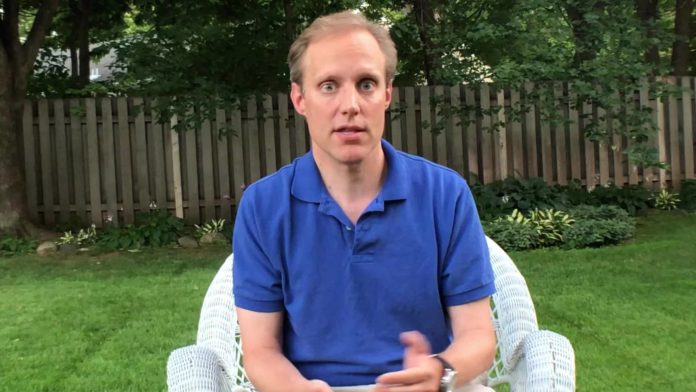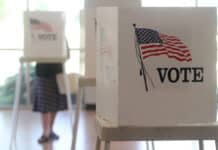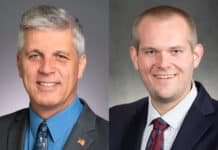The voting integrity group Minnesota Voters Alliance (MVA) is seeking public data on Minnesota elections, and Democrat Secretary of State Steve Simon is stonewalling. After losing in Ramsey County District Court, Simon is appealing his loss to the Minnesota Supreme Court.
The issue surrounds MVA’s request, using Minnesota’s Data Practices Act, that Simon release voter registration data. MVA has been asking for this data since 2017, in an attempt to determine the number of ineligible votes that occur during Minnesota elections.
Already, limited analysis using a subset of available data has shown that around 1,300 ineligible felons cast at least 1,600 ineligible votes since 2008. And at least 941 ineligible felons were allowed tovote in 2008 alone, far exceeding the 312 margin that separated Democrat Al Franken from Republican Norm Coleman in a hotly-contested U.S. Senate race.
MVA worries that the actual number of ineligible voters each election is much higher. But to determine the total number of ineligible voters, which could help policymakers combat the problem, MVA needs access to the full registration data that Simon is refusing to release.
For example, in 2016 alone, the Minnesota Office of the Legislative Auditor found that more than 26,000 persons were marked “challenged” by election officials in the state voter registration system (SVRS). The Legislative Auditor then examined a subset of 612 voters out of the 26,000, who had their eligibility challenged due to felony convictions. Out of the 612, 403 were allowed to vote after only swearing to election officials that they were eligible to vote.
In other words, when the Legislative Auditor pulled only a small sample of questionable votes, a large percentage of that sample was at high risk of being ineligible.
Tellingly, Simon has refused to release data including on whether a voter was challenged by election officials or not, and on the reason for that challenge.
This isn’t the first time Secretary of State Steve Simon and MVA have faced off. In 2016, MVA sued Simon arguing that because state officials were slow to update voter rolls—and because Minnesota allows persons suspected to be ineligible to “self certify” with an oath that they are indeed eligible to vote—the courts should step in to enforce existing Minnesota law on election integrity.
The Minnesota Supreme Court decided against intervening in 2016, but MVA looks like it has a better shot to hold Simon accountable today.
Simon’s so-far failed argument for not releasing the data is that releasing the data would violate voter privacy. Simon and his fellow Democrats also accuse the MVA and conservatives, without evidence, of trying to suppress eligible votes.
Yet Minnesota’s Data Practices Act lays out what kind of data is publicly available, and the voter registration data sought by MVA looks like it clearly fits the bill.
Here’s a statement from MVA: “This is an extremely important case that will likely have a huge impact on the integrity and credibility of our elections for decades to come, and perhaps also more generally on the ability of state agencies to obstruct public scrutiny of the performance of their duties.”

















